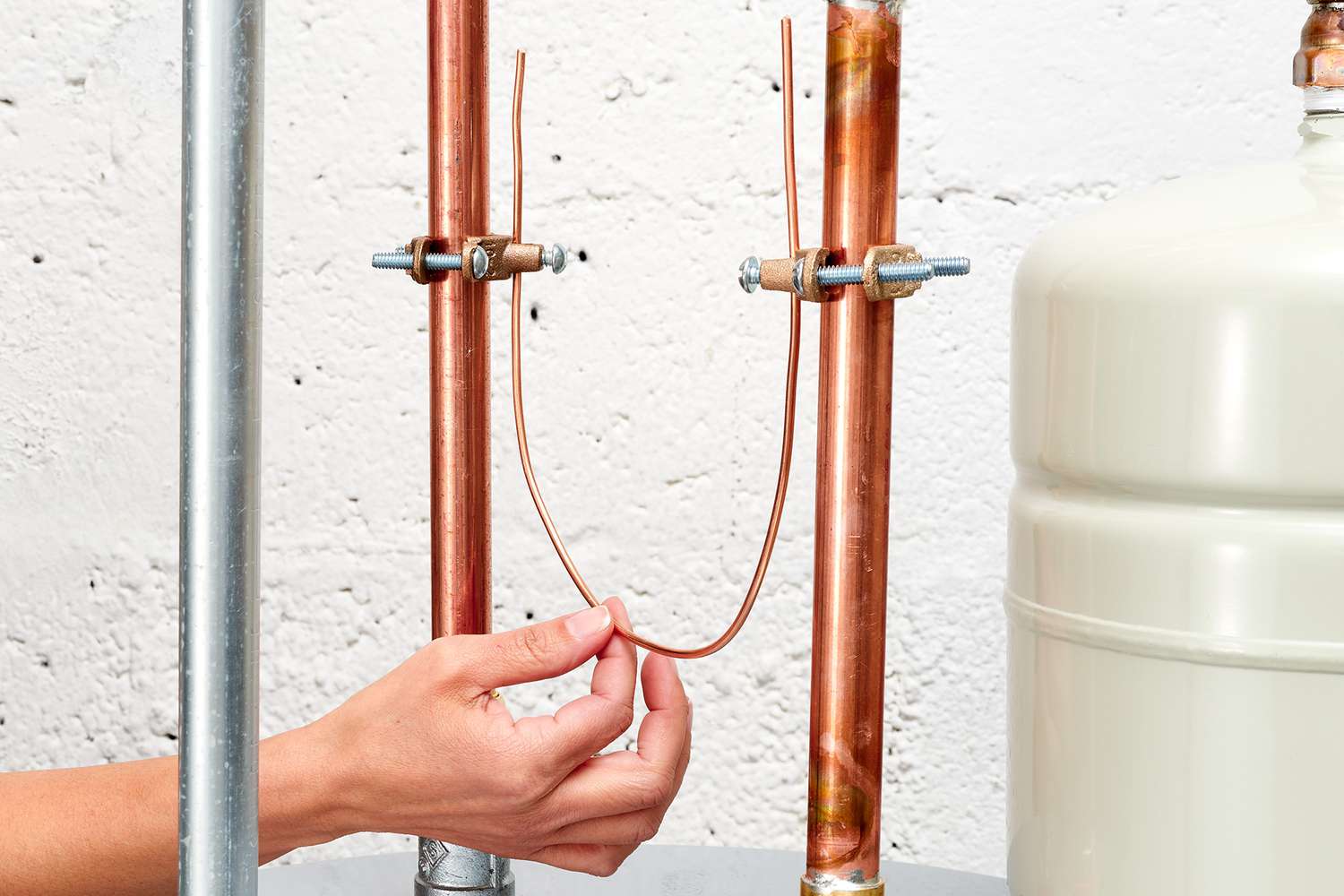

Articles
How Much Copper Is In A Hot Water Heater
Modified: January 6, 2024
Discover the amount of copper present in a hot water heater with our informative articles. Learn about the importance of copper in this essential home appliance.
(Many of the links in this article redirect to a specific reviewed product. Your purchase of these products through affiliate links helps to generate commission for Storables.com, at no extra cost. Learn more)
Introduction
Welcome to the world of hot water heaters! These essential appliances play a crucial role in our everyday lives, providing us with hot water for bathing, washing dishes, and other household tasks. While most of us know the basic function of a hot water heater, the intricate details behind its construction and components might be less familiar. One such component that plays a significant role in hot water heaters is copper.
Copper has been widely used in various industries for centuries, owing to its exceptional properties and versatility. In the case of hot water heaters, copper proves to be an indispensable material due to its excellent heat conductivity and corrosion resistance. Not only does copper help in efficiently heating water, but it also ensures the longevity and durability of these essential appliances.
In this article, we will delve into the importance of copper in hot water heaters, explore the amount of copper typically used in these appliances, discuss the factors that influence the copper content, and highlight the benefits and environmental considerations associated with its usage. So, grab a cup of tea or coffee, and let’s dive into the world of copper and hot water heaters.
Key Takeaways:
- Copper’s exceptional heat conductivity and corrosion resistance make it indispensable in hot water heaters, ensuring efficient heat transfer, energy efficiency, and durable plumbing connections for a consistent supply of hot water.
- The use of copper in hot water heaters not only enhances performance but also promotes environmental sustainability through energy efficiency, recyclability, waste reduction, and maintenance of clean water quality.
Read more: How Much Does Hot Water Heater Cost
What is a hot water heater?
A hot water heater, also known as a water heater or geyser, is a commonly used appliance that provides hot water for domestic use. It is an essential component of any household or commercial building, ensuring the availability of hot water for various activities like bathing, cleaning, cooking, and more.
Hot water heaters work by utilizing energy sources, such as electricity, gas, or solar power, to heat and store water in a tank or container. The heated water is then distributed through pipes to different areas of the building, ready for use whenever needed.
The design and operation of hot water heaters may vary depending on their type and purpose. The most common types of hot water heaters include tank-type, tankless, and heat pump water heaters.
In a traditional tank-type water heater, cold water enters the tank through a dip tube, where it gets heated by a heating element or a gas burner located at the bottom of the tank. As the water heats up, it rises to the top of the tank, ready to be used when a faucet or shower is turned on. The tank is insulated to minimize heat loss and keep the water hot until it is needed.
Tankless water heaters, on the other hand, do not store hot water but instead heat the water on demand. When a faucet is turned on, cold water passes through a heating element or a heat exchanger, rapidly heating it to the desired temperature before it is delivered to the user. This type of water heater is more energy-efficient and provides an endless supply of hot water, but it may have limitations on simultaneous usage.
Heat pump water heaters work by extracting heat from the air or ground and transferring it to the water, using electricity. They are more energy-efficient compared to traditional electric water heaters since they do not directly generate heat but rather move it from one place to another.
Regardless of the type, all hot water heaters play a vital role in our daily lives, ensuring the comfort and convenience of having readily available hot water.
The role of copper in hot water heaters
When it comes to hot water heaters, copper plays a crucial role in ensuring their effective and efficient operation. Copper is primarily used in two key areas of a hot water heater: the heat exchanger and the plumbing connections.
The heat exchanger is the component responsible for transferring heat from the energy source (electric element, gas burner, or heat pump) to the water. Copper is the preferred material for this critical part due to its exceptional thermal conductivity. This means that copper can rapidly and effectively transfer heat from the energy source to the water, resulting in faster heating times and improved energy efficiency.
Copper’s excellent heat conductivity allows the hot water heater to quickly reach the desired temperature, delivering hot water more efficiently and reducing energy consumption. It also helps maintain a consistent and even flow of heat throughout the water, ensuring that every drop of hot water is properly heated.
In addition to the heat exchanger, copper is also commonly used for the plumbing connections in hot water heaters. The pipes and fittings that connect the water heater to the plumbing system are often made of copper due to its corrosion resistance and durability.
Copper is highly resistant to corrosion, even when exposed to the corrosive properties of hot water. This ensures that the plumbing connections remain intact and reliable over time, reducing the risk of leakage and potential damage to the surrounding areas. Furthermore, copper pipes have excellent antimicrobial properties, inhibiting the growth of bacteria and ensuring a clean and safe water supply.
Overall, copper’s role in hot water heaters is indispensable. It facilitates efficient heat transfer, improves energy efficiency, and ensures the durability and reliability of the plumbing connections. Its exceptional properties make copper a preferred choice in the construction of hot water heaters, contributing to their overall performance and longevity.
How much copper is used in a standard hot water heater?
The amount of copper used in a standard hot water heater can vary depending on its size, type, and design. Generally, hot water heaters contain copper components such as the heat exchanger and plumbing connections, which add up to a notable copper content.
In a typical tank-type hot water heater, the heat exchanger is the main copper component. The heat exchanger is responsible for transferring heat from the energy source to the water. The amount of copper used in the heat exchanger can range from a few pounds to over 20 pounds, depending on the size and efficiency of the water heater.
For tankless water heaters, the copper content may be lower compared to tank-type heaters. Tankless heaters heat water on demand, so they do not require a large storage tank. Therefore, the copper content in tankless water heaters is mainly related to the plumbing connections, which can add up to a few pounds of copper.
In terms of the plumbing connections, the amount of copper used can vary depending on the design and layout of the hot water heater. The pipes and fittings that connect the water heater to the plumbing system are typically made of copper due to its corrosion resistance and durability. The length and diameter of these copper pipes will determine the overall copper content in the plumbing system of the hot water heater.
It’s important to note that the actual copper content may also depend on the specific manufacturer and model of the hot water heater. Different manufacturers may use different components and designs, resulting in slightly varying copper content.
In summary, a standard hot water heater can contain several pounds of copper, primarily in the form of the heat exchanger and plumbing connections. The exact amount of copper used will depend on factors such as the size, type, and design of the hot water heater.
Consider checking the manufacturer’s specifications for your specific hot water heater model to determine the amount of copper used in its construction. You can also use a magnet to check for copper components, as copper is not magnetic.
Factors affecting the amount of copper in a hot water heater
Several factors can influence the amount of copper used in a hot water heater. These factors can vary depending on the design, type, and efficiency of the heater. Understanding these factors can help in determining the copper content and making informed decisions when choosing a hot water heater.
1. Size and capacity: The size and capacity of a hot water heater can significantly impact the amount of copper used. Larger heaters designed to meet higher hot water demands will require more copper for the heat exchanger and plumbing connections. Smaller, more compact heaters may use less copper due to their reduced capacity.
2. Efficiency: Energy efficiency is a crucial consideration in modern hot water heaters. High-efficiency models are designed to maximize heat transfer and minimize energy loss. These heaters typically feature improved insulation and more efficient heat exchangers, which may require less copper compared to less efficient models.
3. Type of water heater: The type of water heater also plays a role in the amount of copper used. Tank-type water heaters generally require more copper for the heat exchanger, as they store and heat a larger volume of water. Tankless water heaters, on the other hand, focus on heating water on demand and may have a smaller copper content, primarily in the plumbing connections.
4. Design and materials: Different manufacturers may utilize various design approaches and materials, which can influence the copper content. Some manufacturers prioritize copper for its excellent heat conductivity, while others may incorporate alternative materials or designs that reduce the reliance on copper.
5. Plumbing system layout: The layout and complexity of the plumbing system connected to the hot water heater can impact the amount of copper used. Longer plumbing runs or complex piping configurations may require more copper to ensure sufficient connections and proper water flow.
It’s important to consider these factors when determining the amount of copper in a hot water heater. While copper is commonly used in the heat exchanger and plumbing connections, the specific amount can vary based on these factors. Always refer to the manufacturer’s specifications and consult with professionals for accurate information regarding copper content in a specific hot water heater model.
Benefits of using copper in hot water heaters
The use of copper in hot water heaters offers several benefits that contribute to their efficiency, durability, and overall performance. Here are some of the key advantages of using copper in hot water heaters:
1. Excellent heat conductivity: Copper is renowned for its exceptional thermal conductivity. This property allows copper to efficiently transfer heat from the energy source to the water, resulting in faster heating times and improved energy efficiency. Copper’s high heat conductivity ensures that hot water is delivered quickly and consistently, minimizing energy waste.
2. Corrosion resistance: Copper is highly resistant to corrosion, making it an ideal material for hot water heaters. Even when exposed to hot water and various chemicals, copper does not easily corrode or deteriorate. This resistance to corrosion helps extend the lifespan of the hot water heater and reduces the risk of leaks or malfunctions.
3. Durability: Copper is a durable material, capable of withstanding high temperatures and pressure. It is less prone to cracking or breaking, even under extreme conditions. The use of copper ensures that the hot water heater can withstand the demands of heating water over an extended period, contributing to its longevity and reliability.
4. Antimicrobial properties: Copper has natural antimicrobial properties, which means it can help inhibit the growth of bacteria and other harmful microorganisms in the water heater. This helps maintain a clean and hygienic water supply, reducing the risk of contamination and ensuring safe water for various household purposes.
5. Compatibility with plumbing systems: Copper is widely used in plumbing systems, and its compatibility with other plumbing materials is advantageous. It allows for easy connections and integration with existing pipes and fittings, reducing the need for additional modifications or complex installations.
6. Environmental sustainability: Copper is a highly sustainable and recyclable material. When a hot water heater reaches the end of its lifespan, copper components can be easily recycled and reused, reducing the environmental impact. Recycling copper also helps conserve natural resources and minimize waste generation.
By utilizing copper in hot water heaters, manufacturers can create efficient, durable, and environmentally friendly products. The combination of copper’s heat conductivity, corrosion resistance, and durability ensures optimal performance, longer lifespan, and energy efficiency in hot water heaters.
Environmental considerations of copper usage in hot water heaters
The use of copper in hot water heaters not only offers performance benefits but also has environmental considerations that are crucial to understand. Here are some key environmental aspects to consider when it comes to copper usage in hot water heaters:
1. Energy efficiency: Copper’s exceptional heat conductivity enhances the energy efficiency of hot water heaters. By efficiently transferring heat from the energy source to the water, copper minimizes energy wastage and reduces the overall energy consumption of the appliance. This leads to lower carbon emissions and a smaller environmental footprint.
2. Durability and longevity: Hot water heaters that incorporate copper components tend to have a longer lifespan due to copper’s corrosion resistance and durability. This results in reduced waste generation and a decrease in the frequency of replacement or disposal. Longer-lasting hot water heaters contribute to resource conservation and a decrease in the environmental impact of manufacturing and disposal processes.
3. Recyclability: Copper is a highly recyclable material, meaning that at the end of their life cycle, copper components from hot water heaters can be reclaimed and repurposed. Recycling copper reduces the need for new mining activities and decreases the environmental impact associated with the extraction and production of raw copper. Utilizing recycled copper also saves energy and reduces greenhouse gas emissions compared to using virgin copper.
4. Waste reduction: Copper’s durability and resistance to corrosion contribute to less waste generation during the lifespan of a hot water heater. The reduced likelihood of leaks and malfunctions means that fewer components need to be replaced, resulting in less material waste over time. Additionally, the recyclability of copper ensures that at the end of their life, hot water heaters can be properly disposed of and recycled, preventing them from ending up in landfills.
5. Water quality: Copper plumbing connections in hot water heaters have antimicrobial properties, inhibiting the growth of bacteria and ensuring a clean and safe water supply. This reduces the reliance on chemical disinfectants and helps maintain water quality without compromising environmental safety.
Understanding these environmental considerations demonstrates the positive impact of copper usage in hot water heaters. It promotes energy efficiency, resource conservation, waste reduction, and a cleaner water supply. Incorporating copper into the design and manufacturing of hot water heaters is an environmentally conscious choice that aligns with sustainable practices.
Conclusion
Copper plays a vital role in the performance, efficiency, and longevity of hot water heaters. Its exceptional heat conductivity, corrosion resistance, and durability make it an ideal material for crucial components such as the heat exchanger and plumbing connections. The use of copper ensures efficient heat transfer, improved energy efficiency, and reliable plumbing connections, resulting in a consistent and readily available supply of hot water.
Moreover, copper’s antimicrobial properties contribute to a clean and safe water supply, reducing the need for additional chemical disinfectants. This promotes environmental sustainability and water quality without compromising health and hygiene standards.
The amount of copper used in a hot water heater can vary depending on factors such as size, type, and design. Larger heaters and tank-type models generally require more copper, while tankless models may have a smaller copper content primarily in the plumbing connections.
When considering the environmental impact, copper usage in hot water heaters brings several benefits. It enhances energy efficiency, decreases carbon emissions, and reduces overall energy consumption. Copper’s recyclability also contributes to resource conservation and waste reduction, as components can be easily recycled at the end of their life cycle.
In conclusion, copper proves to be an essential and advantageous material in the construction of hot water heaters. Its properties ensure optimal performance, energy efficiency, and durability, while its environmental considerations promote sustainability and reduced impact on the planet. By understanding the role and benefits of copper in hot water heaters, consumers and manufacturers can make informed decisions that align with sustainable practices and contribute to a greener future.
Frequently Asked Questions about How Much Copper Is In A Hot Water Heater
Was this page helpful?
At Storables.com, we guarantee accurate and reliable information. Our content, validated by Expert Board Contributors, is crafted following stringent Editorial Policies. We're committed to providing you with well-researched, expert-backed insights for all your informational needs.
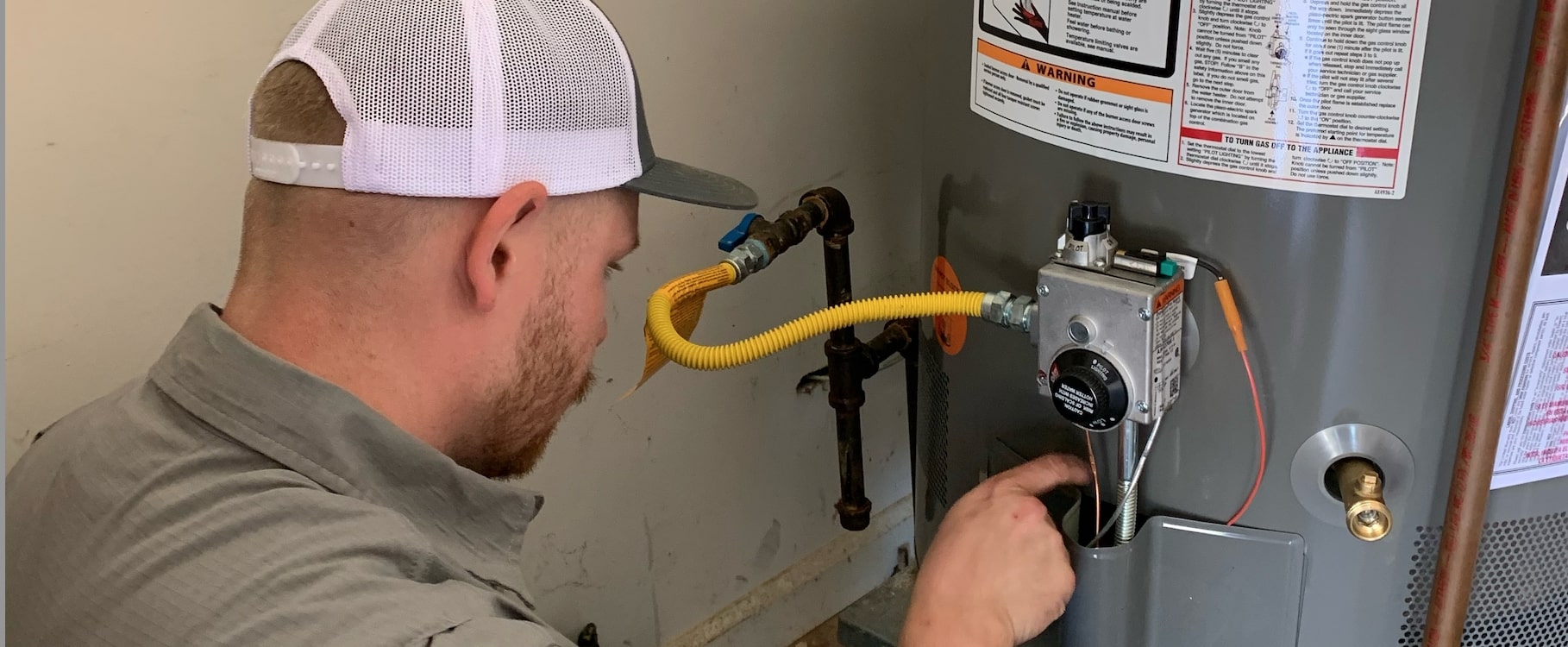
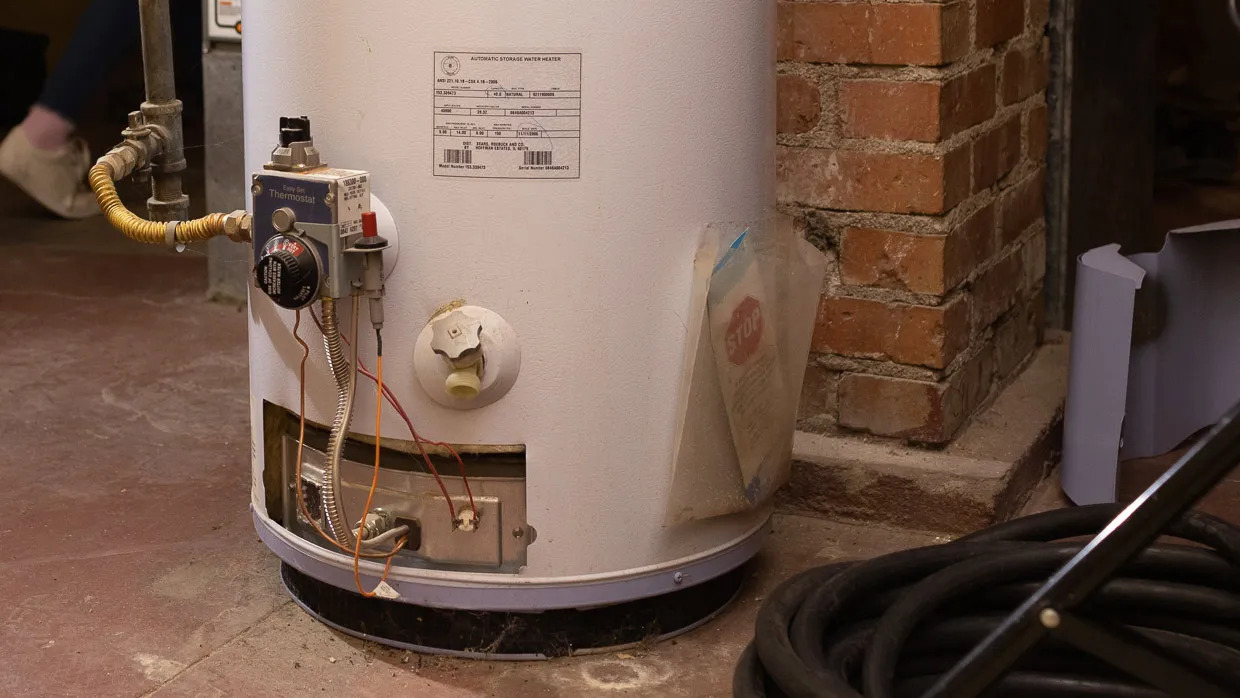
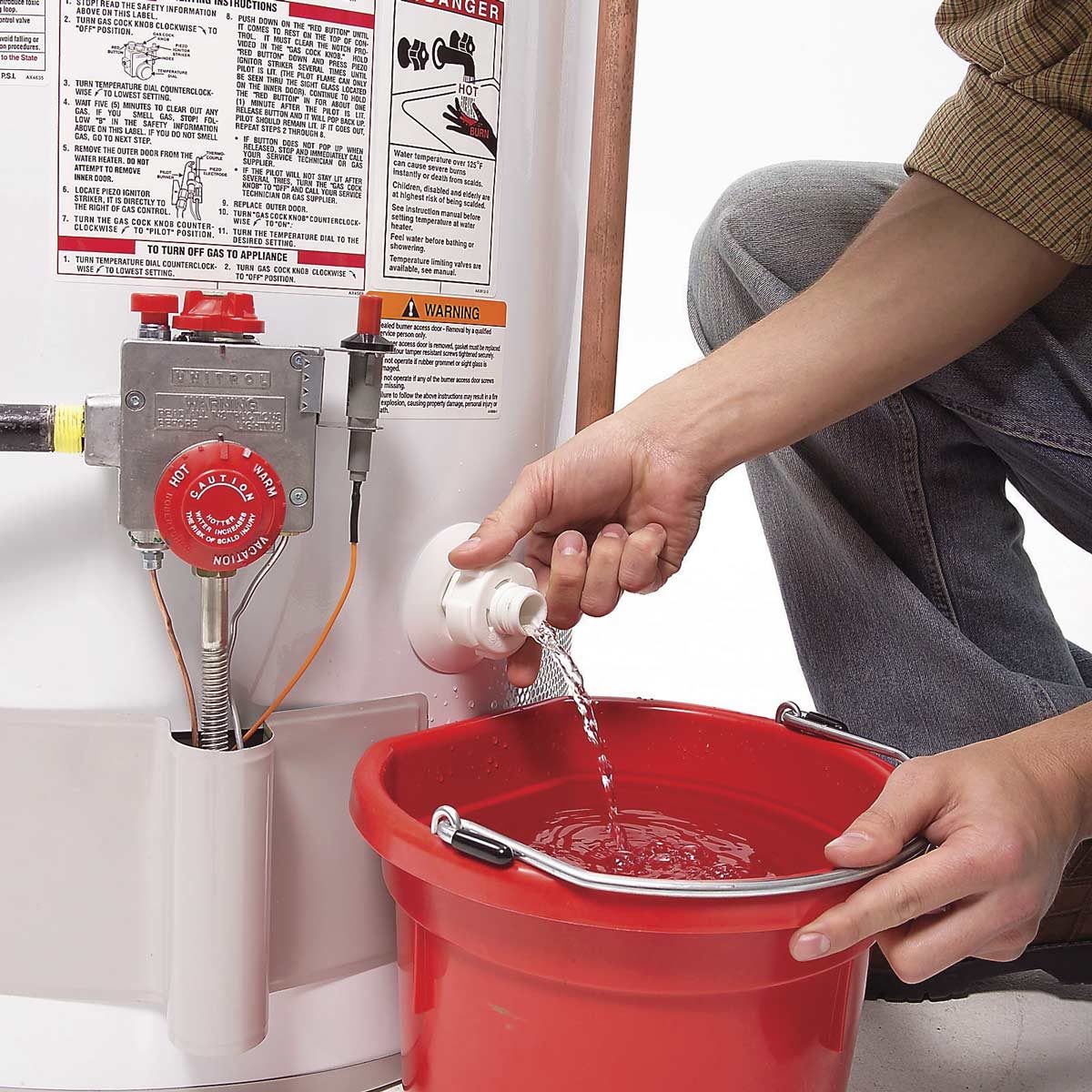
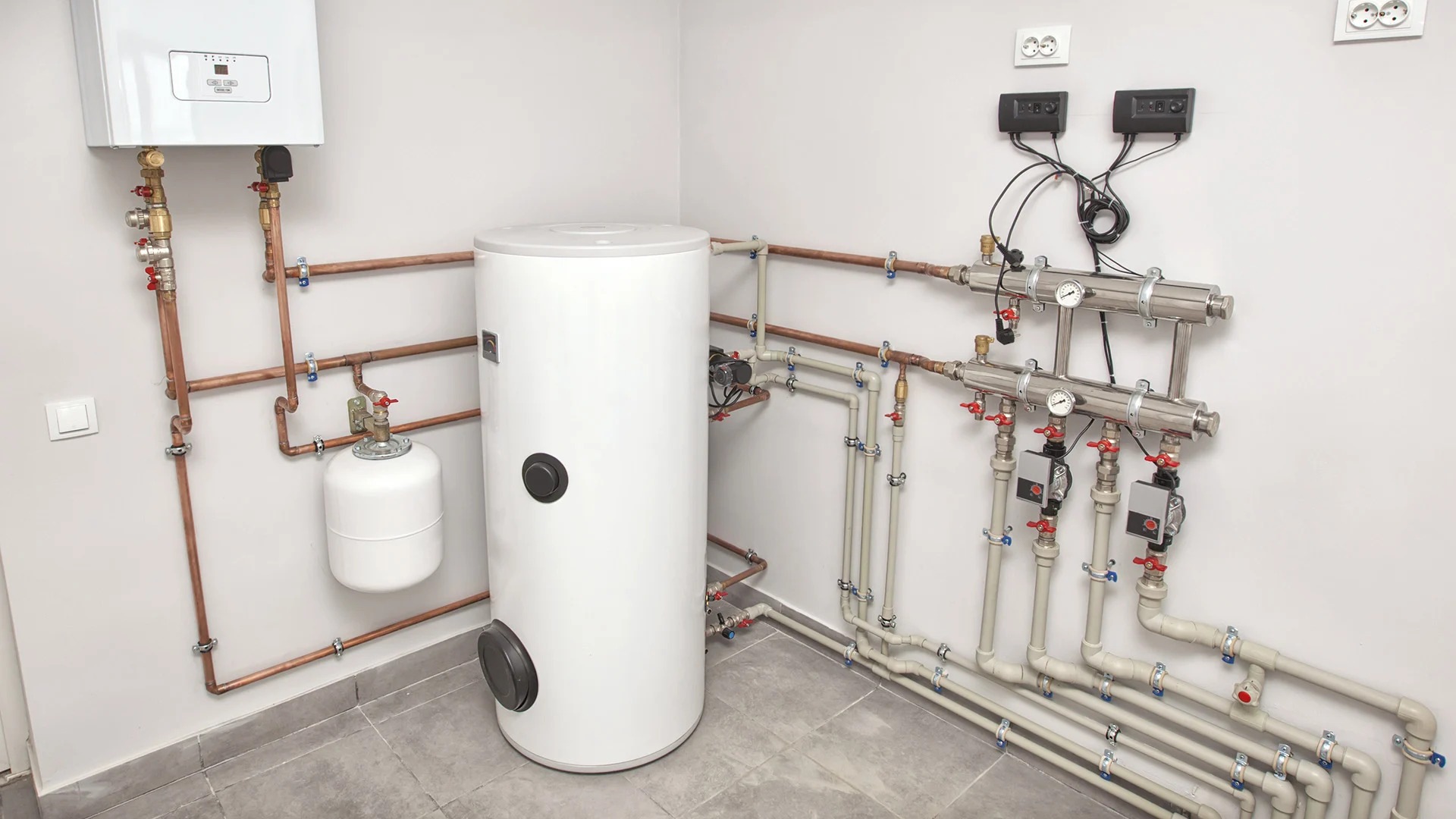
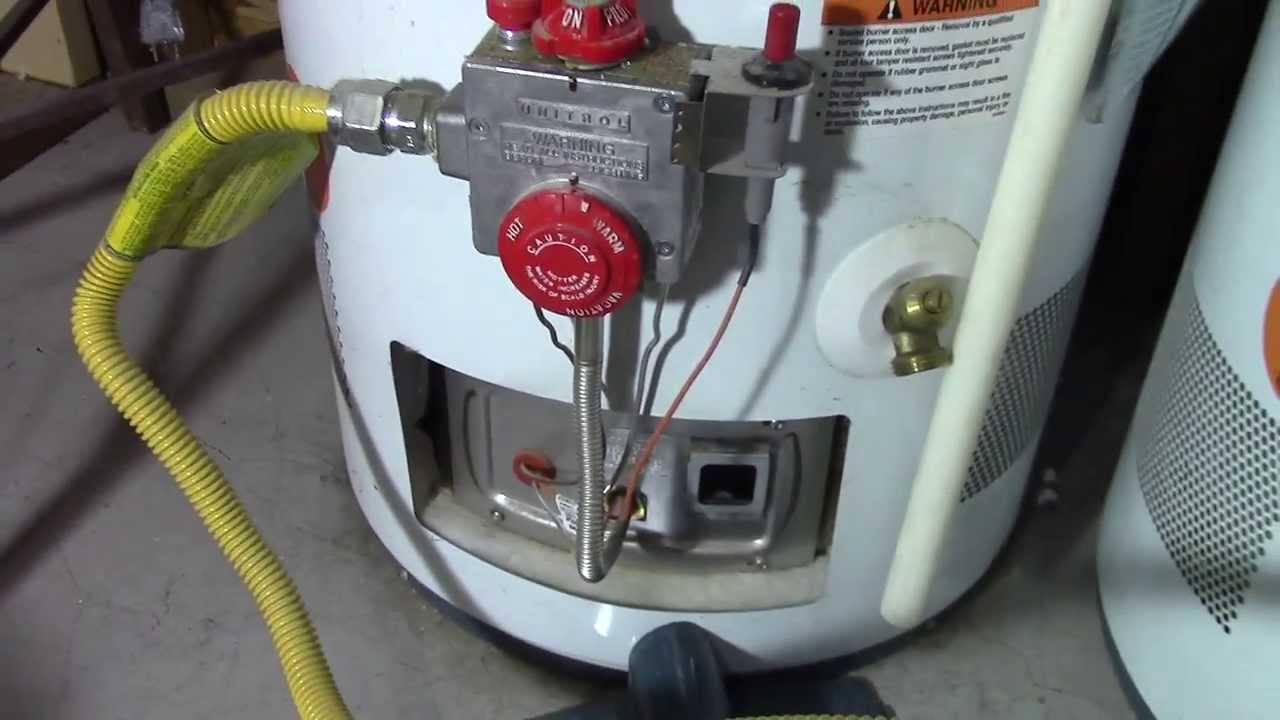
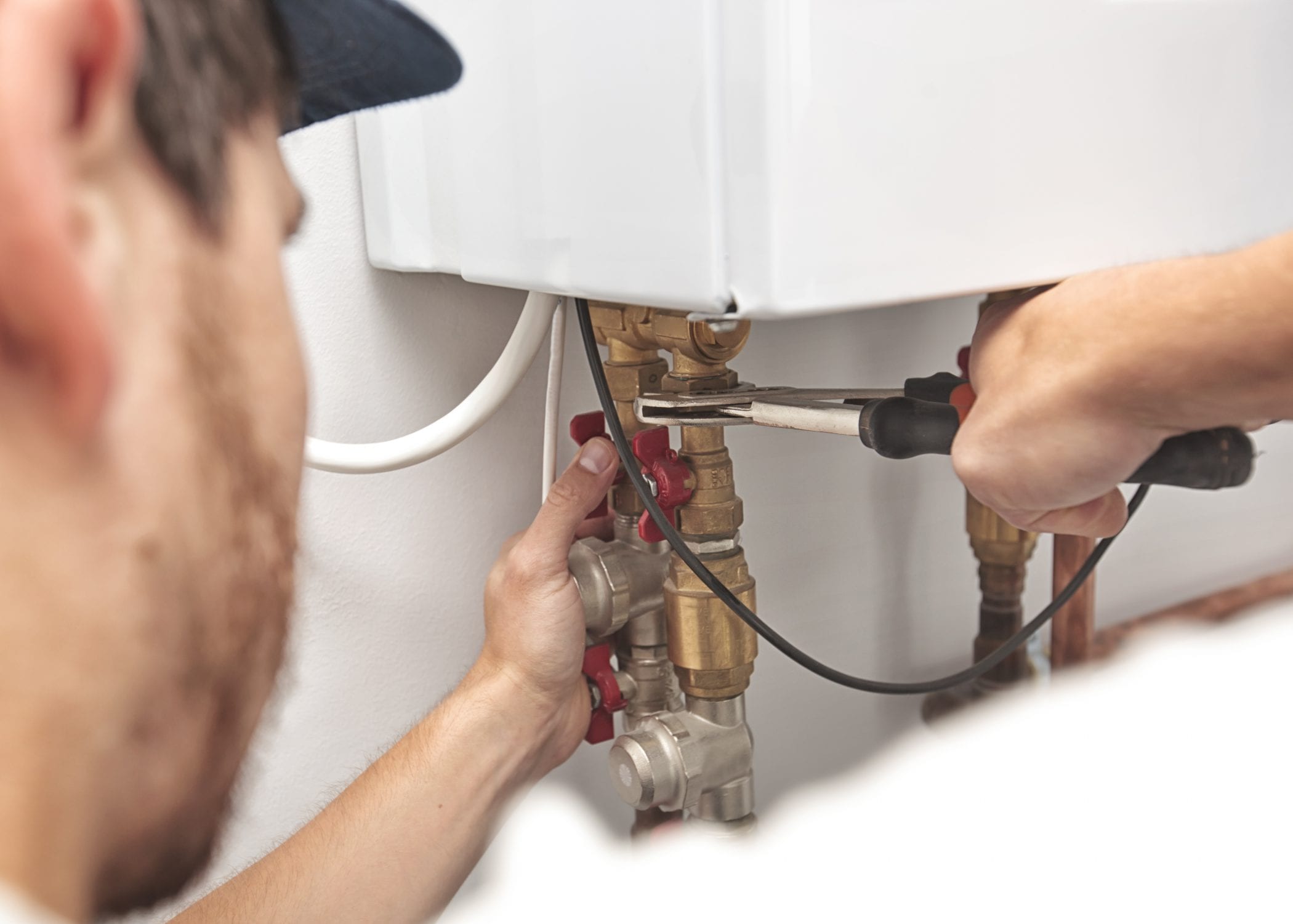
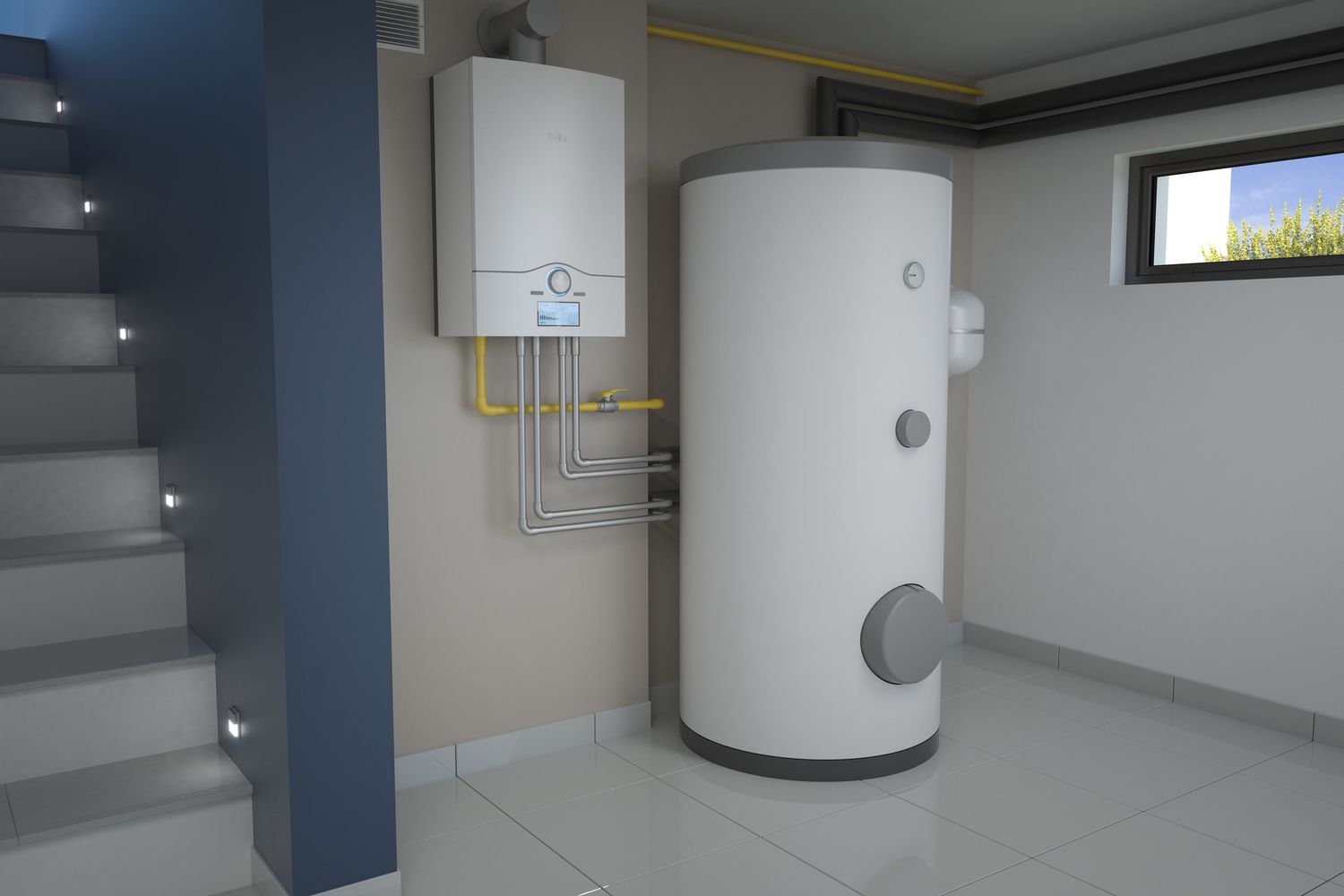
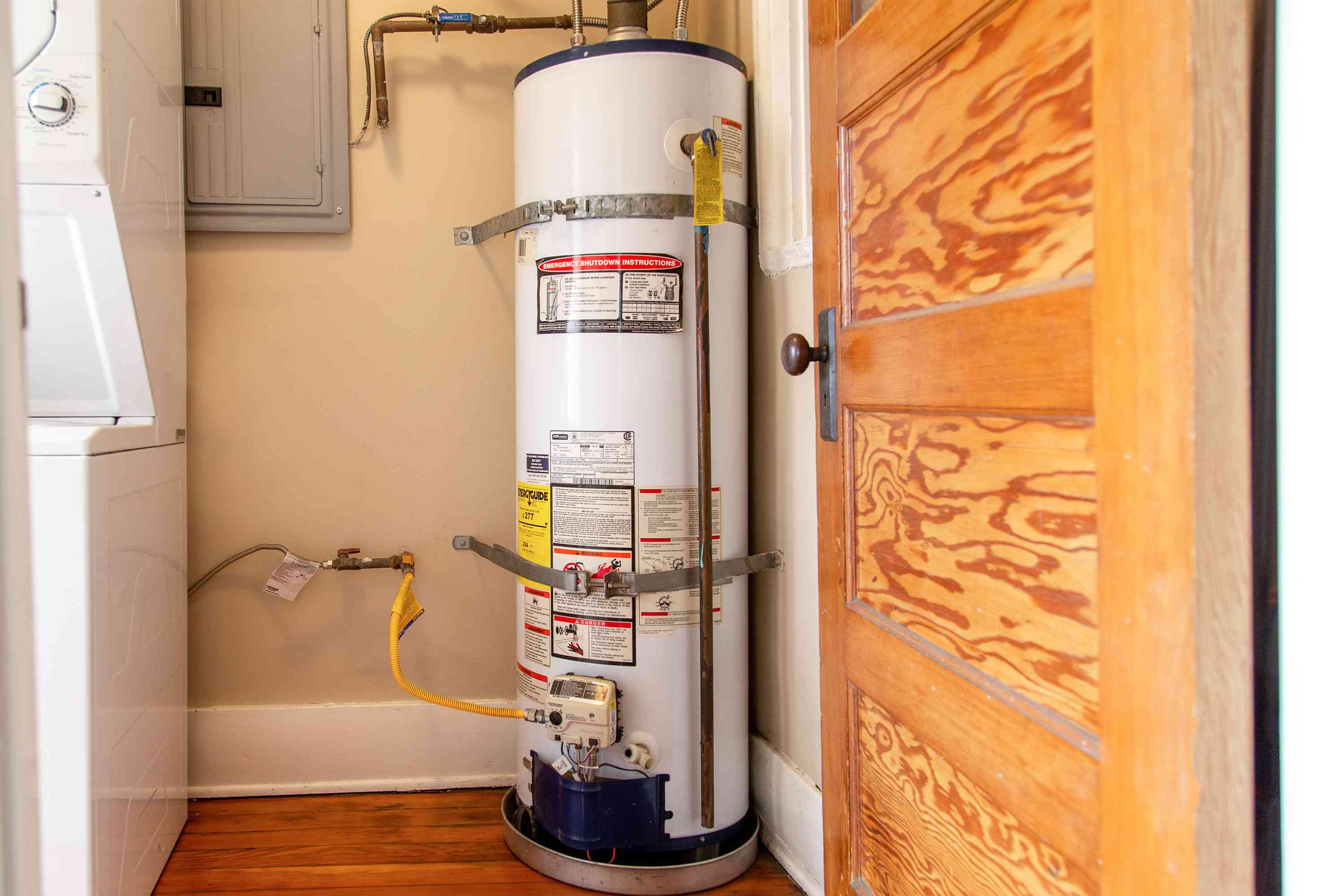
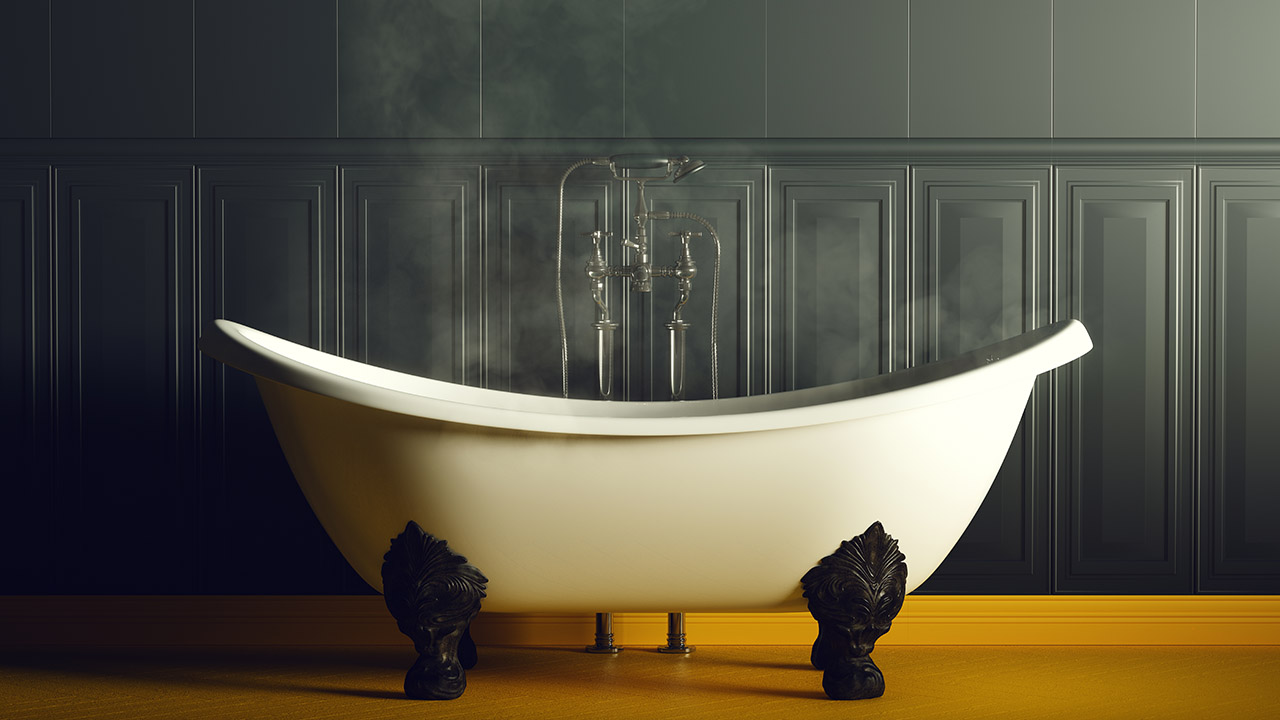
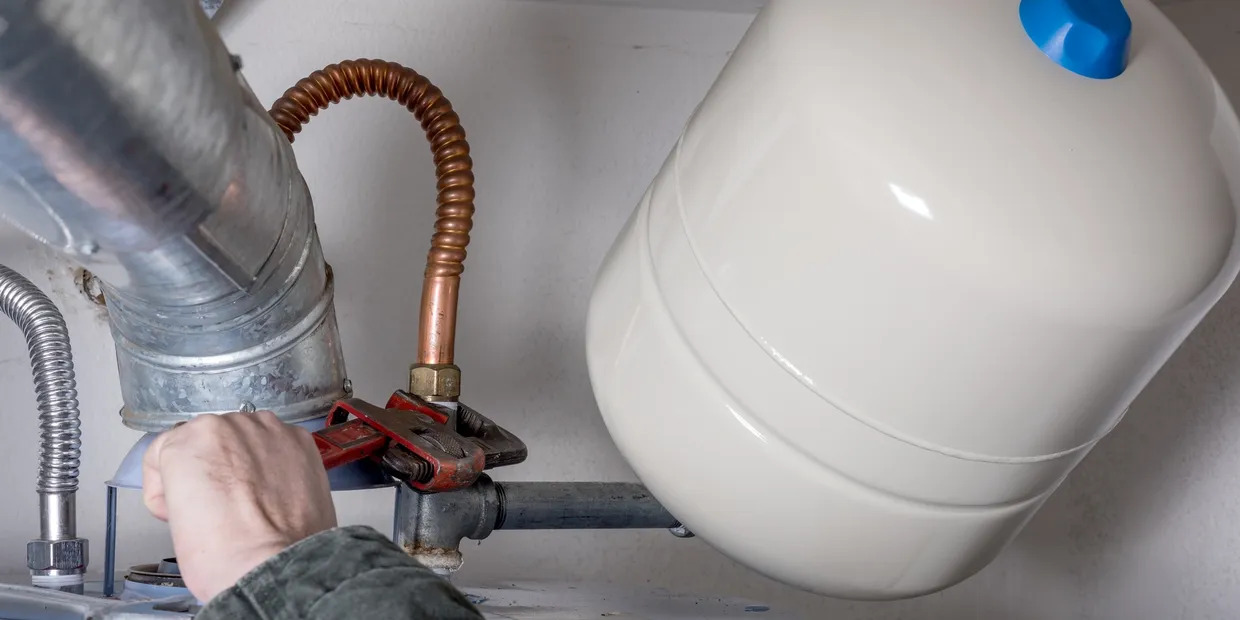
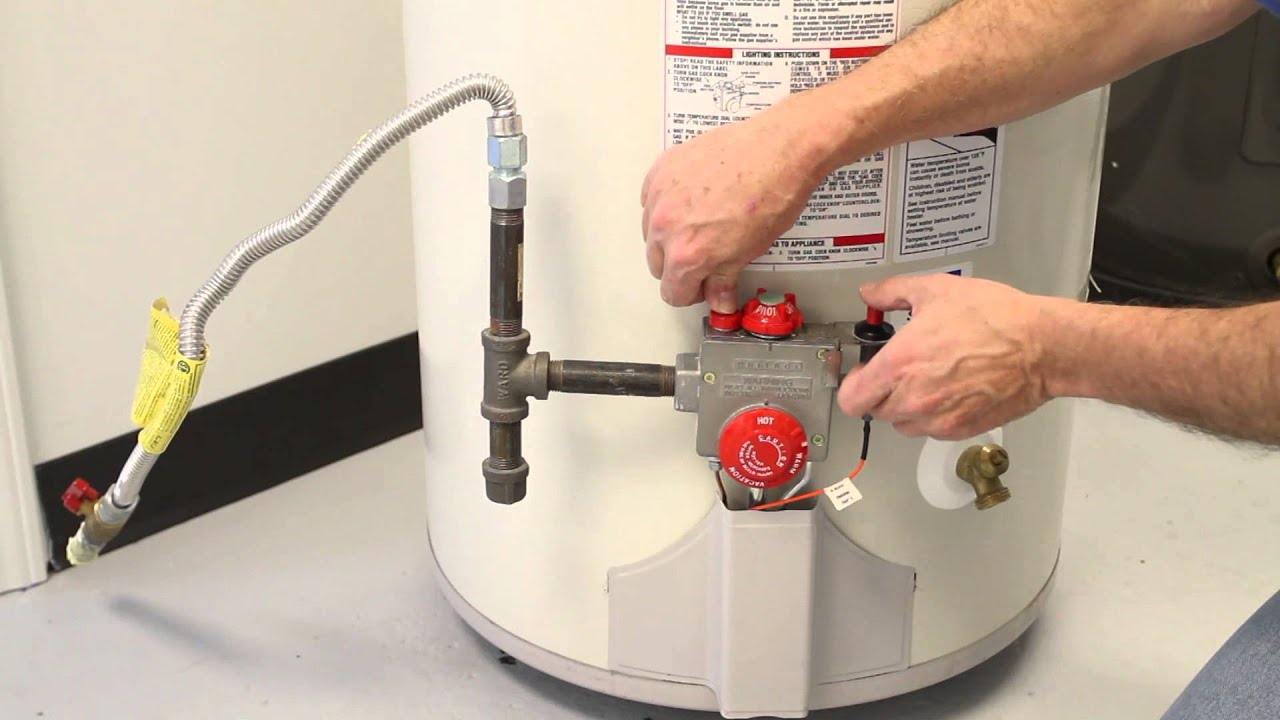
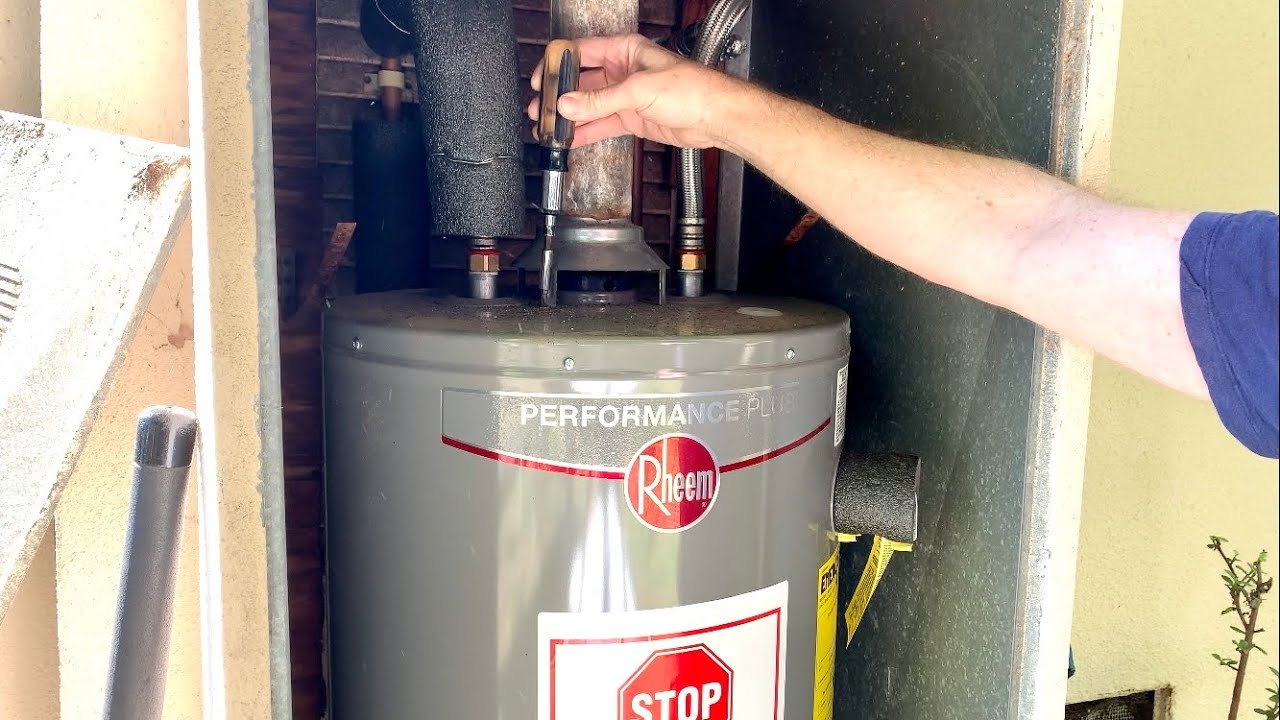
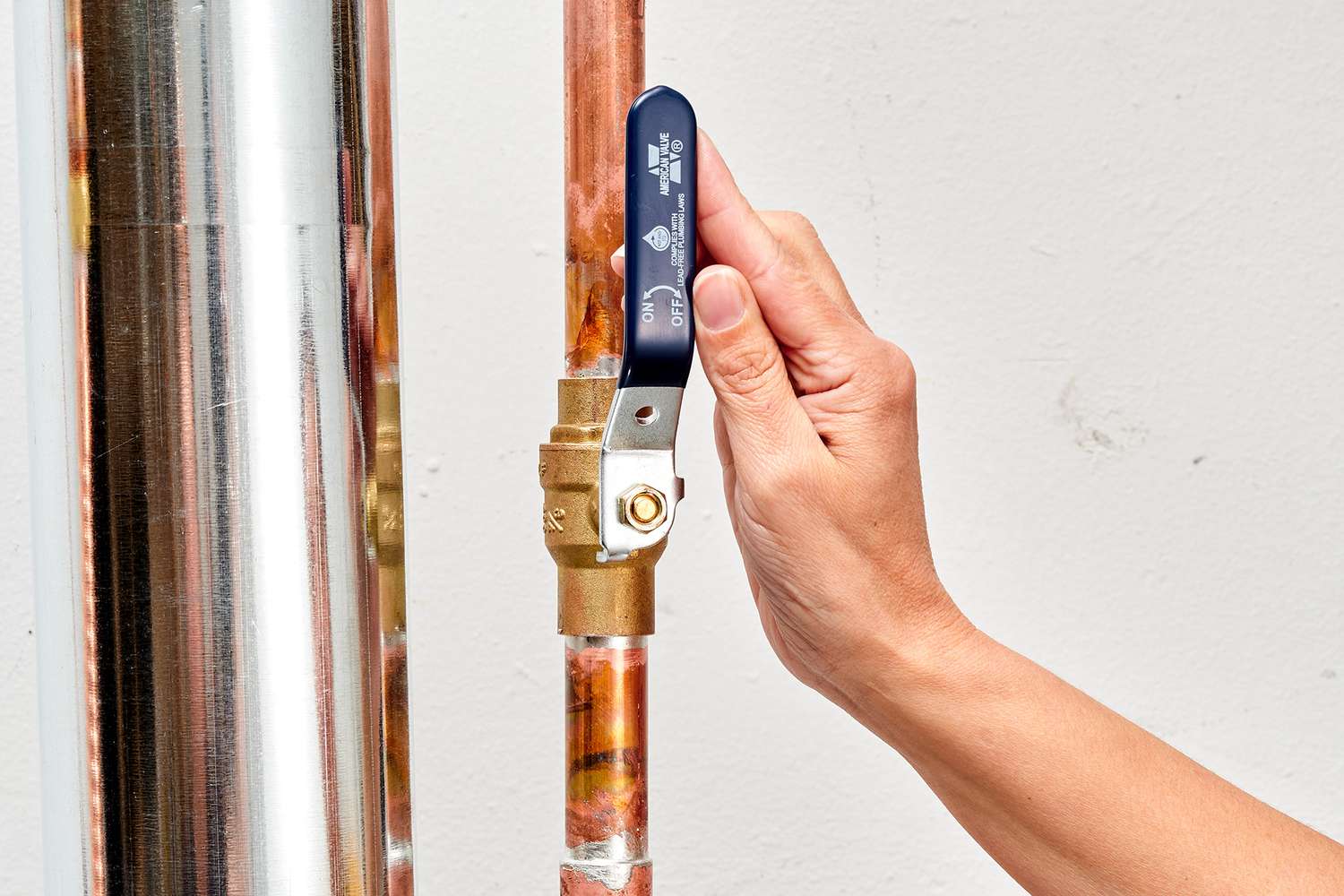
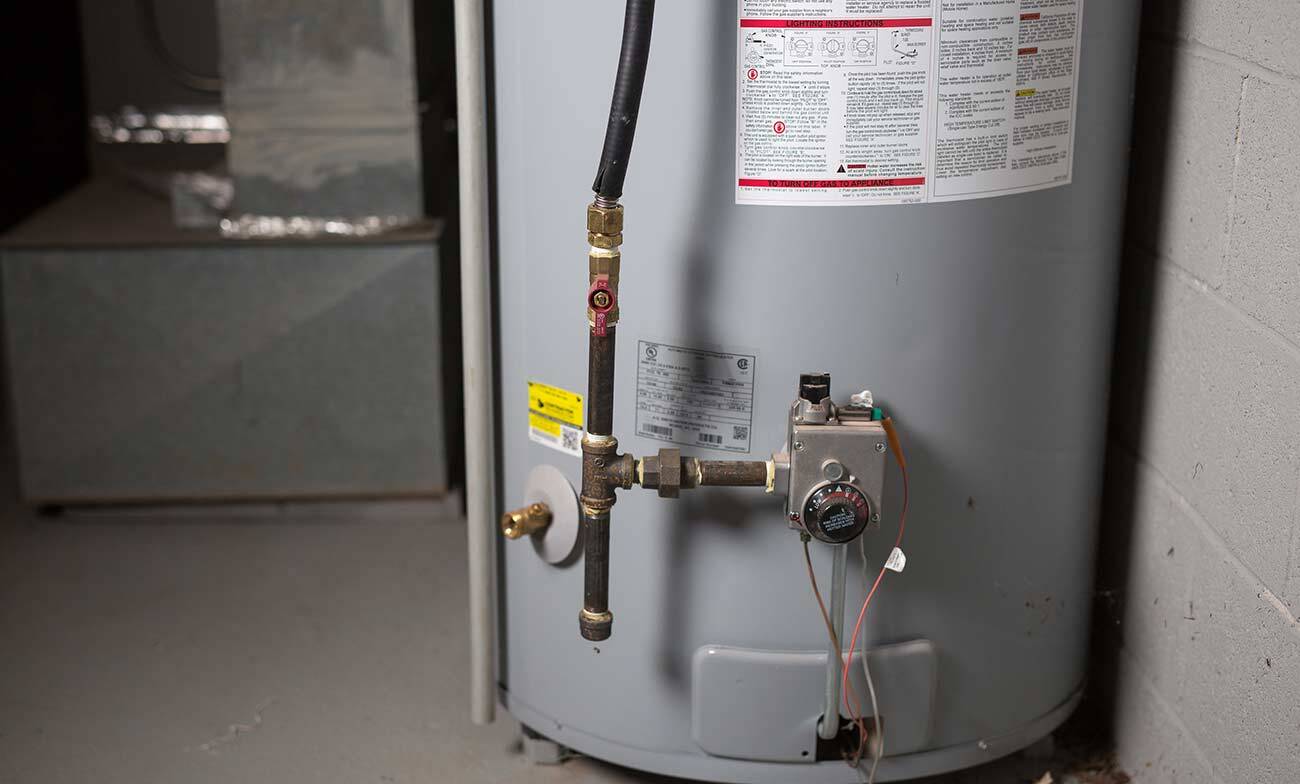

0 thoughts on “How Much Copper Is In A Hot Water Heater”